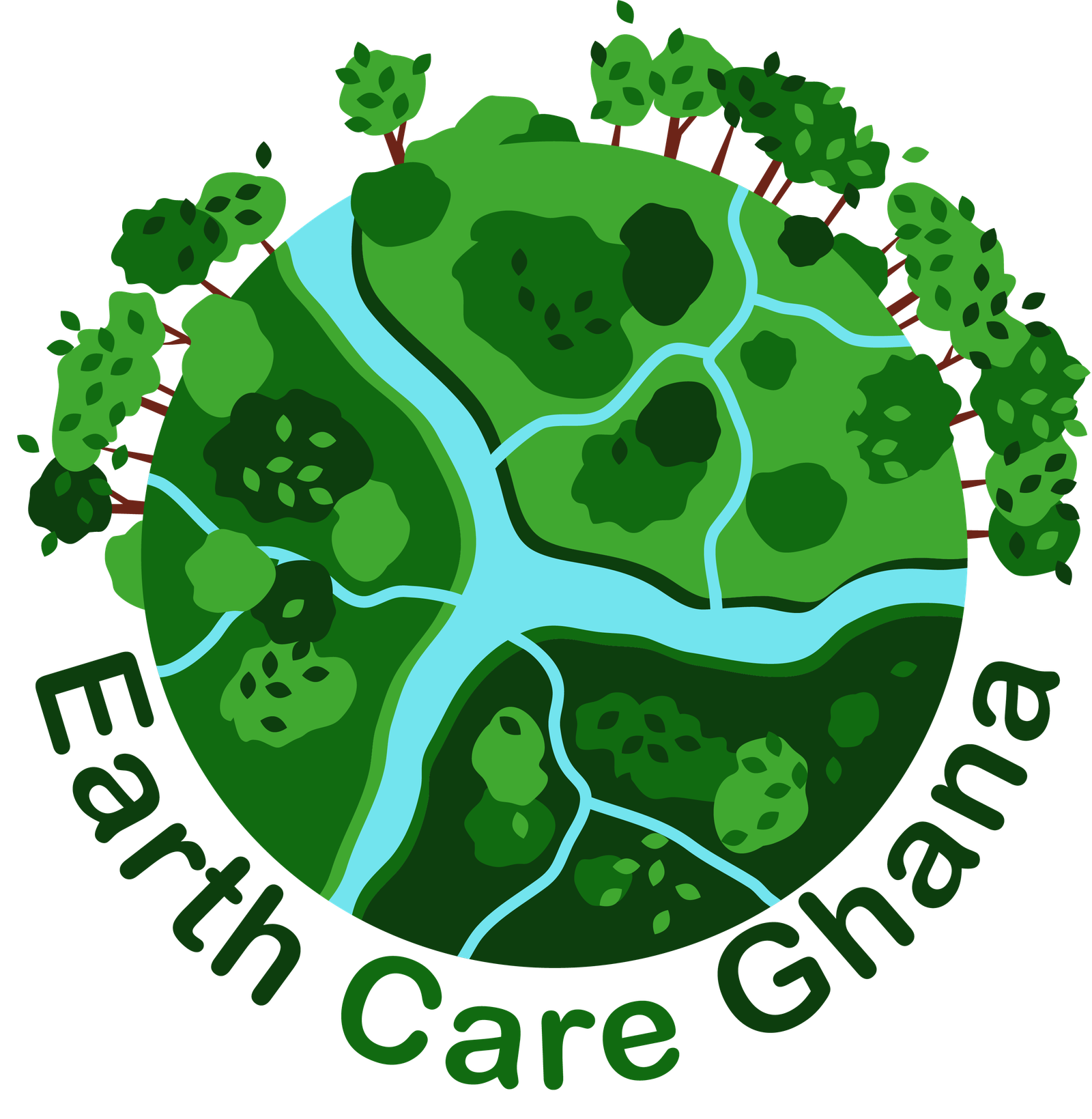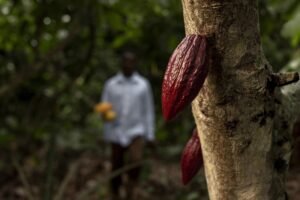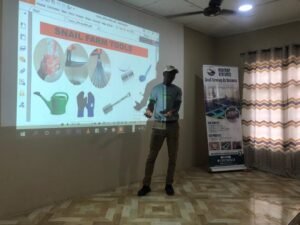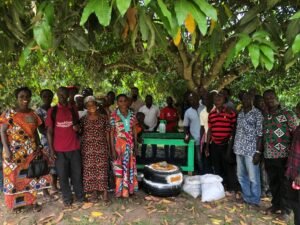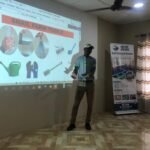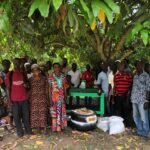Plastics in Ghana
Ghanaians generate over a million tons of plastic waste each year and only between 2% and 5% of this plastic waste gets properly recycled. Many places within the country lack the infrastructure to safely dispose of plastic waste. The severity of the problems is indicated by the fact that Ghana ranks as one of the top 10 most polluted countries in the world. The United Nations Development Programme (UNDP) has emphasized the urgent need for waste management and plastic pollution in Ghana to be addressed.
The Numbers and the Consequences
Over 2.58 million metric tonnes of raw plastic is imported into Ghana each year and 73% of this ends up as waste. With only up to 5% of plastic waste is recycled, the rest accumulates in the environment or ends up in landfills and nearly 30% ends up in the ocean. The National Oceanic and Atmospheric Administration (NOAA) estimates that plastic bottles that end up in the ocean can take up to 450 years to biodegrade. The plastic waste that ends up in landfills contributes to the contamination of groundwater and air pollution. In addition, undisposed plastics can amass in drains and lead to flooding. The stagnant water from pollution-induced flooding facilitates the outbreak of waterborne diseases like malaria and cholera among vulnerable people living in highly polluted areas. Ghanaians also resort to burning their undisposed plastic waste, which releases airborne toxins.
Considering the country’s deficient plastic disposal infrastructure, it comes as no surprise that Ghana is one of the most polluted countries in the world. Still, many nationals remain unaware of the severity and consequences of plastic pollution in Ghana. The United Nations Development Programme (UNDP) emphasizes that the nation must ameliorate plastic pollution through individual behavioral changes and adjusted attitudes towards waste management. To shift the national waste management paradigm, the UNDP encourages innovative collaboration among the government, experts, civil society and private corporations and organizations.
Home to 29 million people and one of the fastest-growing economies in the world, Ghana is committed to tackling the plastics “menace” that has ballooned in recent years and triggered a myriad of environmental and public health challenges.
In October 2019, under the leadership of President Nana Akufo-Addo, Ghana became the first African nation to join the Global Plastic Action Partnership, thus establishing the Ghana National Plastic Action Partnership (NPAP).
The Ghana NPAP serves as the national platform for multi stakeholder cooperation, facilitating initiatives and funding to scale up and accelerate in-country partnerships that address plastic waste and pollution while contributing to the nation’s progress towards achieving many of the Sustainable Development Goals.
The NPAP works closely with the Ministry of Environment, Science, Technology and Innovation (MESTI), the United Nations Development Programme (UNDP), and over 120 Ghanaian partners across all sectors.
The Ghana NPAP is responsible for driving the implementation of national action plans to combat plastic pollution. Its priorities include: incentivizing changes in material use; building capacity in waste management and recycling; enabling innovation and technology transfer; raising awareness and changing behaviours to reduce the consumption of single-use plastics; promoting gender equality and meaningful work; and ensuring transparent governance and accountability in the transition to a circular plastics economy.
https://globalplasticaction.org/wp-content/uploads/NPAP_Ghana_Action_Roadmap.pdf
Donate to support Earth Care Ghana Programs
Your financial support to Earth Care Ghana makes available resources to help mobilize volunteers and members and to develop school programs that train upcoming environmental champions.
Button Text